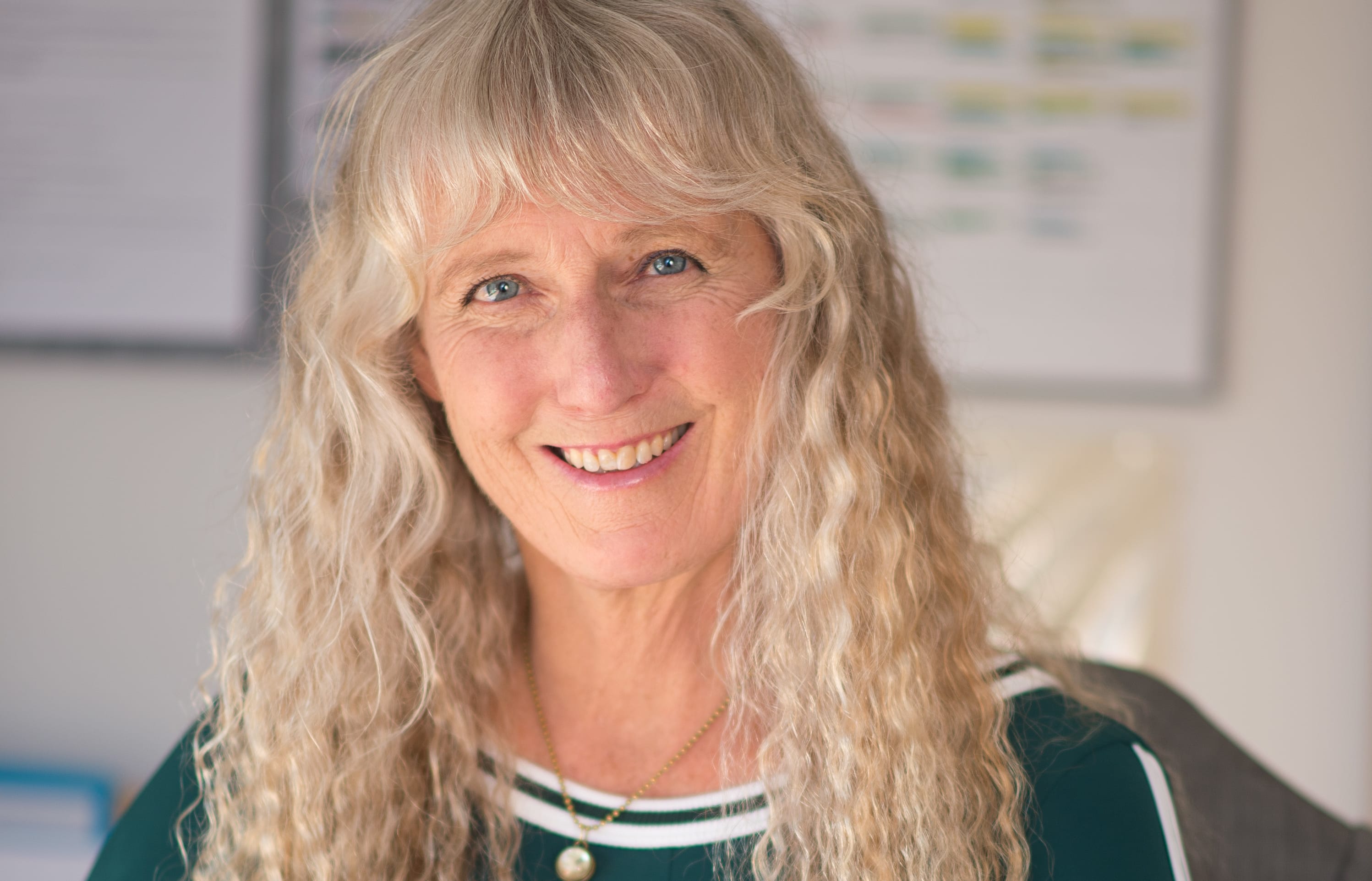Some people are pleading guilty rather than facing up to two years of district court delays, a Queenstown lawyer says.

Liam Collins Photo: supplied
Barrister Liam Collins said that the problem lay with Queenstown not having a resident judge.
Currently a single, visiting circuit judge covers the Queenstown District Court from Invercargill in spite of a rising legal workload in Queenstown driven by a booming population and ever-increasing tourist numbers.
"Justice delayed is justice denied," said Mr Collins.
Over two million visitors a year to Queenstown are attracted not just by the 'Adventure Capital of the World' marketing but by the resort's international reputation as a party town. Bars and restaurants stay open until the early hours of the morning which often leads to alcohol-related problems and police getting involved.
Mr Collins said that when tourists were dragged into the local legal system it could quickly turn into a nightmare for them.
"If they decide to plead not guilty to a charge, they are facing a delay of up to two years. This means that their visas might run out and Immigration New Zealand is under no obligation to extend those visas. It means people can end up with their passports seized and no way to either legally stay in the country or leave."
According to Mr Collins, under these circumstances, pleading guilty quickly becomes the lesser of two evils even if the person involved is convinced of their own innocence.
The situation is little better for Queenstown residents who want their day in court, according to Mr Collins, who said they faced not just the long-term cost of defending their case but up to two years of uncertainty and their lives being on hold.
The New Zealand Bill of Rights Act gives all New Zealanders, and overseas tourists, the right to be tried without undue delay.
Doctor Petra Butler of Victoria University law faculty told RNZ that not only were the Queenstown delays a breach of the Bill of Rights Act, but also contravened the international human rights conventions by which New Zealand is bound.
Canterbury University's Dean of Law Ursula Cheer said other countries had found a solution to the problem of court delays.

Prof. Ursula Cheer, dean of the school of law at the University of Canterbury Photo: supplied
"Scotland has a system where cases have to be heard within a year and a day, otherwise the case literally falls by the wayside. This immediately puts huge pressure on the court system, but it's an example of how long delays can be avoided."
Mr Collins told RNZ that some overseas visitors had resorted to trying to leave a cash bond with a local lawyer so they could leave the country and then come back to defend themselves in court. But he said that the bond system has to be legally managed by the High Court and the mechanism of leaving a financial guarantee in New Zealand was not available to defendants in District Court cases.
The Law Society said that it was concerned about the Queenstown delays and met on a regular basis with the Ministry of Justice through the Society's courthouse committee.
Ministry of Justice figures supplied to RNZ suggest that nationally the time it takes to hear a case in the District Courts is dropping, from an average 182 days in 2013 to 166 in 2015.
In a statement issued to RNZ Chief District Court judge Jan-Marie Doogue said that the resourcing and reform of the court system was down to government but that district court judges were playing their part where they can in achieving the timely delivery of justice.
The statement went on to say that in the "pressured and dynamic" environment of District Courts the "smallest variable can cause delays."
Jan-Marie Doogue's full statement:
"The resourcing of District Courts, and any wider reform that may reduce delays in the courts, are a matter for government, but District Court Judges continue to play their part where they can in achieving the timely delivery of justice.
The legal process builds in some legitimate delay, such as giving parties time to seek legal advice or disclose evidence, but Judges work hard to alleviate any undue delay by finding innovative ways to reduce waiting times, notwithstanding rising case volumes and resource constraints facing court staff. For example Judge-led initiatives substantially reduced the age of jury trial cases in the 2014-15 financial year but since last September, for reasons beyond the control of Judges, there has been a surge in new jury trial cases coming into the system.
Our District Courts are busy. At any given time there are between 1700 and 2000 active jury trial cases on hand in District Courts. These involve the most complex and serious criminal cases of the nearly 200,000 matters that come before District Courts each year. There are also up to 30,000 active criminal cases being dealt with by Judges sitting without a jury.
There are many components of the justice system that influence the time it takes to dispose of cases other than prosecution volumes. These include factors such as the availability of police prosecutors, defence counsel and other people integral to the process such as probation, restorative justice and mental health assessors, victim advisors and social workers, as well as the workloads of court staff. In this pressured, dynamic environment, the smallest variable can cause delays."
Mr Collins recently complained in court about the lengthy Queenstown delays.
The reaction of judge Bernadette Farnan was to tell Mr Collins that the situation was worse in some other district courts.
"Not being the worst is not a goal to strive for," was Mr Collins' response.

